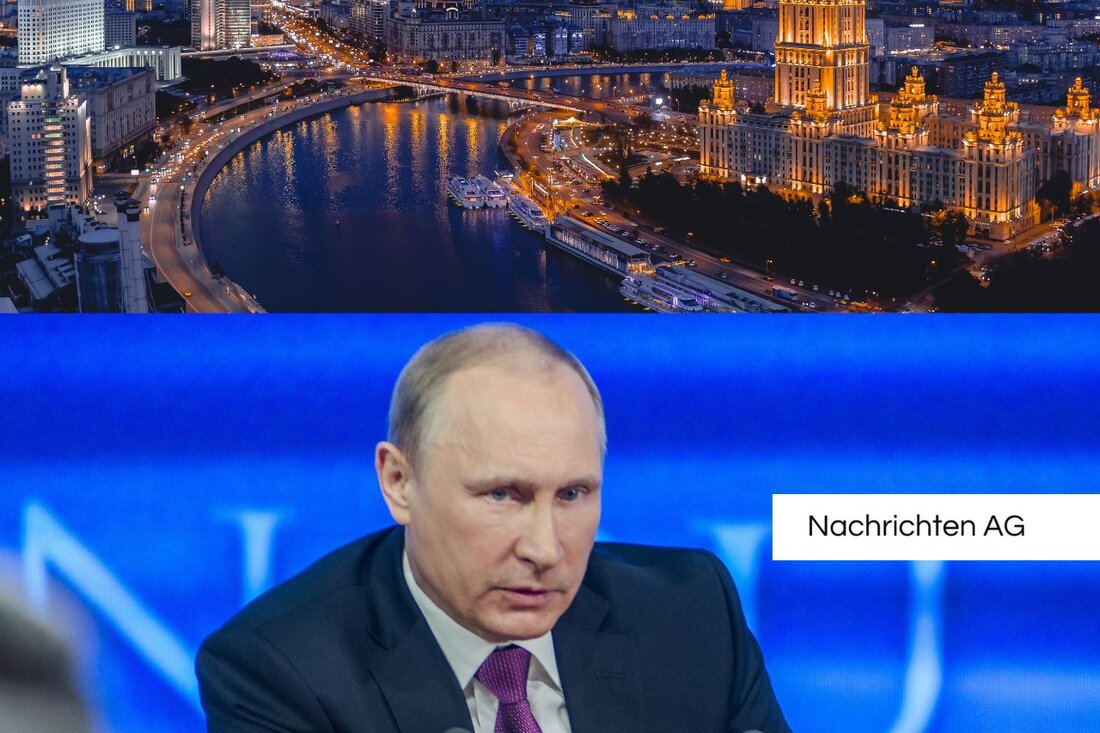Woidke warns: Russian drone attacks over Poland are worrying!
Brandenburg's Prime Minister Woidke expresses concern about the shooting down of Russian drones over Poland on November 20, 2025.

Woidke warns: Russian drone attacks over Poland are worrying!
On November 20, 2025, Brandenburg's Prime Minister Dietmar Woidke expressed his concern about the recent incident in Polish airspace in which several Russian drones were shot down. Woidke described this event, which took place on Wednesday, as a worrying escalation of the security situation in Europe. He emphasized that the number of drones represents a new quality of the incident that he did not think possible. Woidke hopes for an appropriate response to this action by the Russian Federation.
The incident occurred when more than a dozen Russian combat drones entered the airspace of eastern Poland, with some drones having difficulty being shot down by alerted air forces. Following the attacks, Poland requested consultations within NATO to plan a joint response. Polish Prime Minister Donald Tusk had previously said this was a "provocation on a large scale" and noted that the incursion was the first case since 1949 to invoke Article 4 of the NATO treaty, which allows for consultations on threats to a member state's territorial integrity.
Poland's military response
On September 9, 2025, several Russian drones entered Polish airspace. The Polish military responded by shooting down the drones, setting a historical precedent as it was the country's first military action since the start of Russia's war against Ukraine. Tusk reported a total of 19 violations of Polish airspace, with the majority of the drones coming from the direction of Belarus. In view of the impending danger, Poland activated its air defense in cooperation with NATO partners.
Defensive measures included the use of Polish F-16s as well as Dutch F-35s and Italian aircraft. German Patriot air defense systems also played a crucial role in the defense. On the night of the incident, the airspace violations continued for hours, with the first report coming in at around 11:30 p.m. and the last report at around 6:30 a.m.
International reactions and the strategic situation
The incident has sparked international concern. NATO Secretary General Rutte described Russia's behavior as "absolutely reckless" and called for an end to airspace violations. EU Commission President Ursula von der Leyen assured Poland of full solidarity and urged further sanctions against Russia. French President Emmanuel Macron also joined this solidarity and criticized the intrusion of the drones.
Additionally, authorities reported that a drone crashed into a residential building in eastern Poland, causing roof damage but no injuries. Four airports, including Warsaw's Chopin Airport, were forced to temporarily close, but flight operations resumed with delays.
Poland sees itself in a hybrid conflict with Russia due to its geographical location between Kaliningrad, Belarus and Ukraine. Security analysts warn that such airspace violations pose a serious risk to Poland and NATO's eastern flank. The country continues to invest in modern weapons systems and has launched a comprehensive Eastern Shield program to strengthen its defense capabilities.
In conclusion, the latest incident represents a critical challenge to security in Europe that will preoccupy both Poland and NATO in the coming weeks. Woidke and Tusk therefore call for a unified and decisive response to strengthen confidence in the West's defense architecture.

 Suche
Suche
 Mein Konto
Mein Konto
